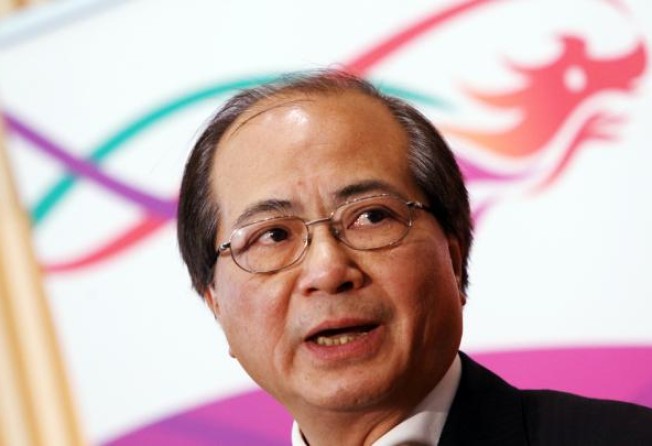ESF quandary requires Education Bureau to rethink policies

The decision by the English Schools Foundation to end its long-standing admissions priority for children who do not speak Chinese may come as a shock to many, but it is to be expected.
The government has made it clear it wants to phase out funding for ESF schools. So, if they are to go private, it makes sense for them to behave like most other private international schools, which have no such admissions policy.
Likewise, in the highly unlikely event that it succeeds in convincing the government to reverse its stance and even raise funding, ESF schools would have to act more like local direct-subsidy schools. Preferential admissions for non-Chinese speaking pupils have long been a sore point for many local parents who are dissatisfied with local schools and want to put their children in ESF schools. It would be a "hard sell" for the government if it continues or raises funding while the ESF maintains the admissions priority.
But whether ESF schools become fully private, the latest decision will likely upset many new families in Hong Kong whose primary language is not Chinese and whose children cannot easily integrate into the local school system. Competition for places at ESF and international schools is already keen for this group even without the change in admissions criteria at the ESF.
The government, therefore, cannot just wash its hands after phasing out funding for the ESF. It has a responsibility to make sure adequate school places are available for foreign and expatriate families. This is not just about fairness, but also the practical need to maintain Hong Kong as an international hub that can compete with other world-class Asian cities to attract outside talent.
There are direct subsidy schools and other elite public schools that are capable of expanding their English-curriculum programmes. A few have experimented operating an alternative International Baccalaureate stream. Some have expressed willingness to take in more than a few token foreign or expatriate students. They should be encouraged. Instead, they are being discouraged by the Education Bureau, which still insists that local schools are for local students.
Education minister Eddie Ng Hak-kim has reaffirmed this outdated policy. He needs to think outside the box, not to follow his bureaucrats who can only operate inside one.